this post was submitted on 24 Jul 2023
158 points (98.8% liked)
PC Master Race
14955 readers
1 users here now
A community for PC Master Race.
Rules:
- No bigotry: Including racism, sexism, homophobia, transphobia, or xenophobia. Code of Conduct.
- Be respectful. Everyone should feel welcome here.
- No NSFW content.
- No Ads / Spamming.
- Be thoughtful and helpful: even with ‘stupid’ questions. The world won’t be made better or worse by snarky comments schooling naive newcomers on Lemmy.
Notes:
- PCMR Community Name - Our Response and the Survey
founded 1 year ago
MODERATORS
you are viewing a single comment's thread
view the rest of the comments
view the rest of the comments
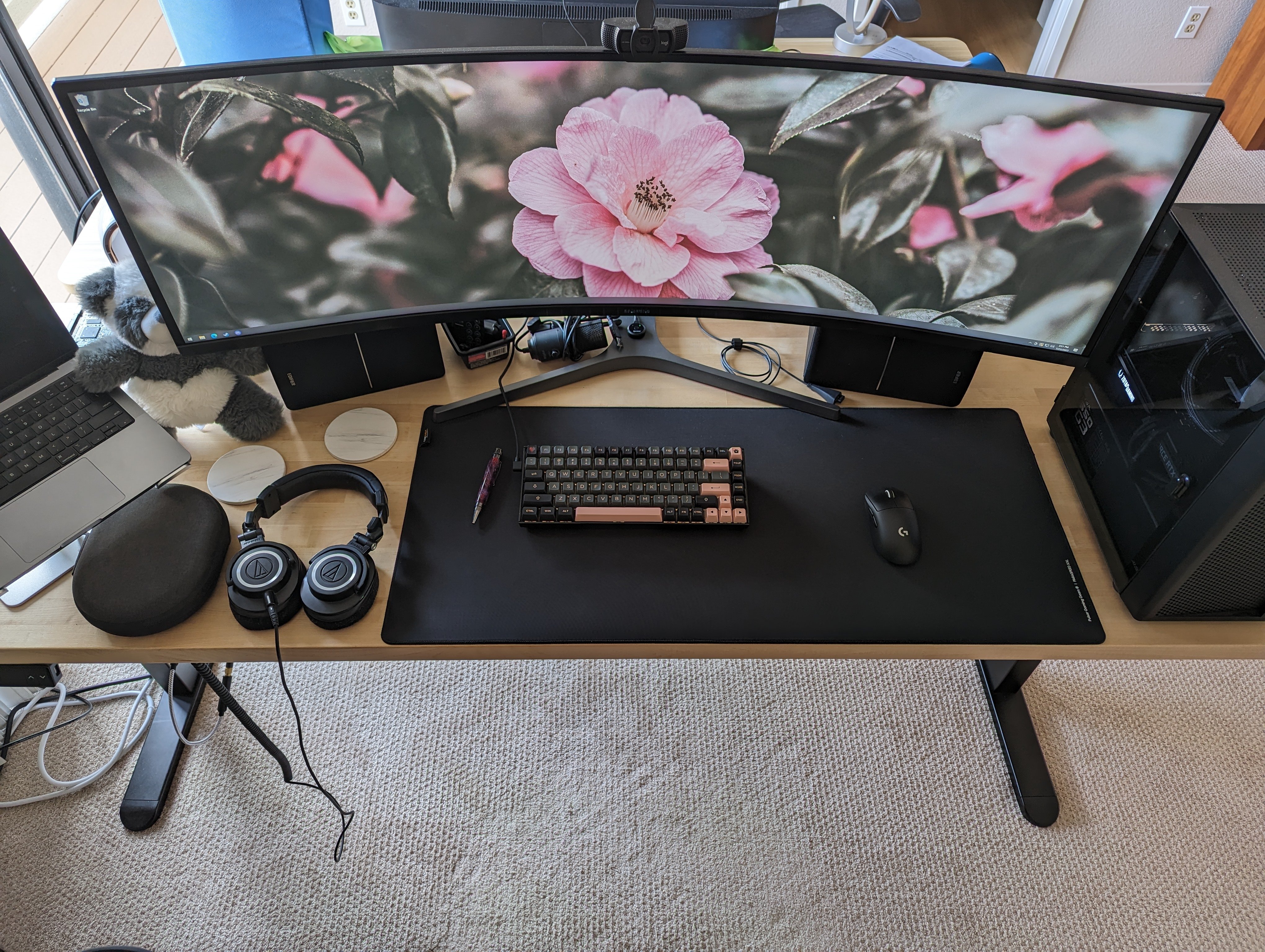
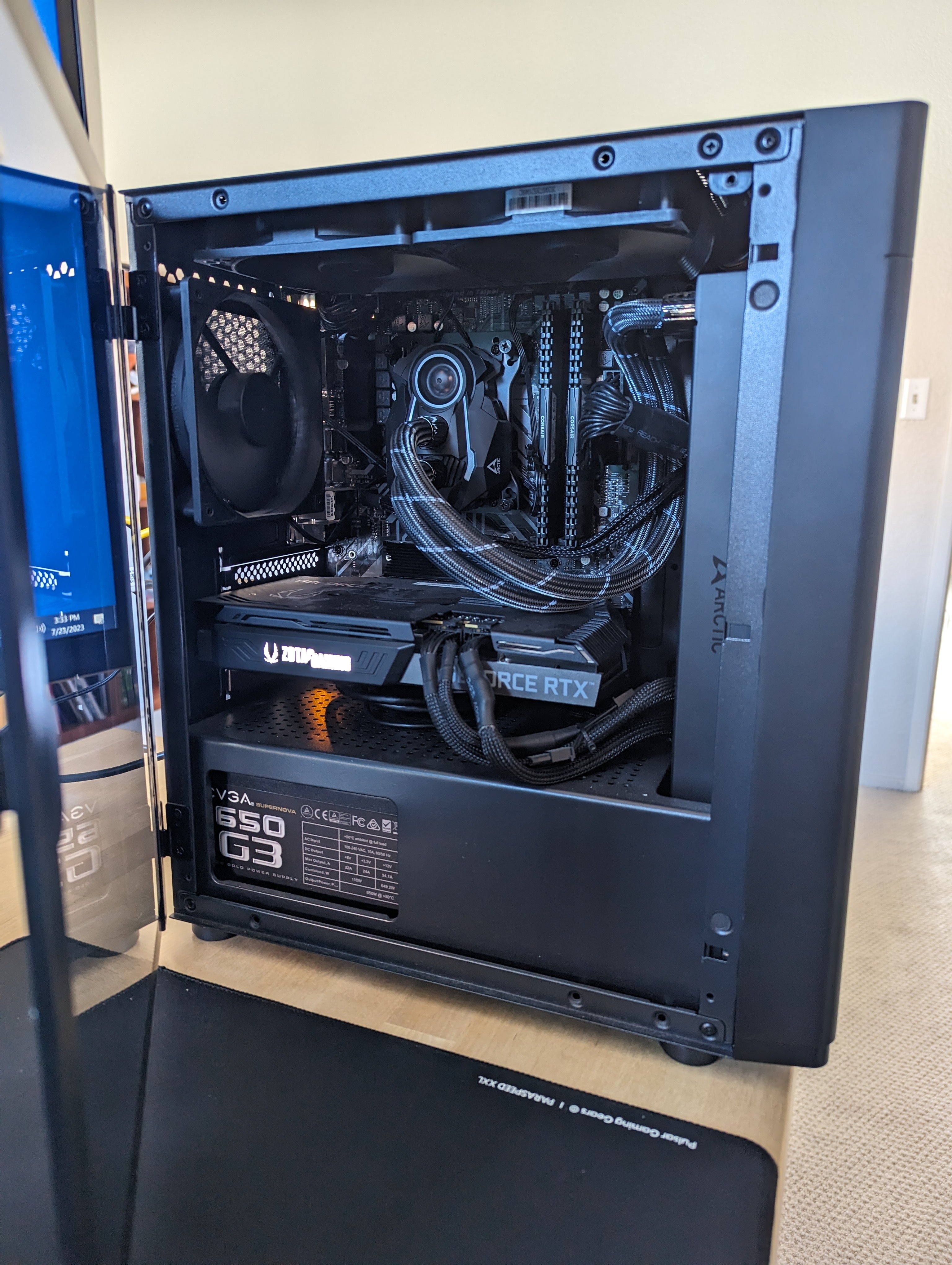
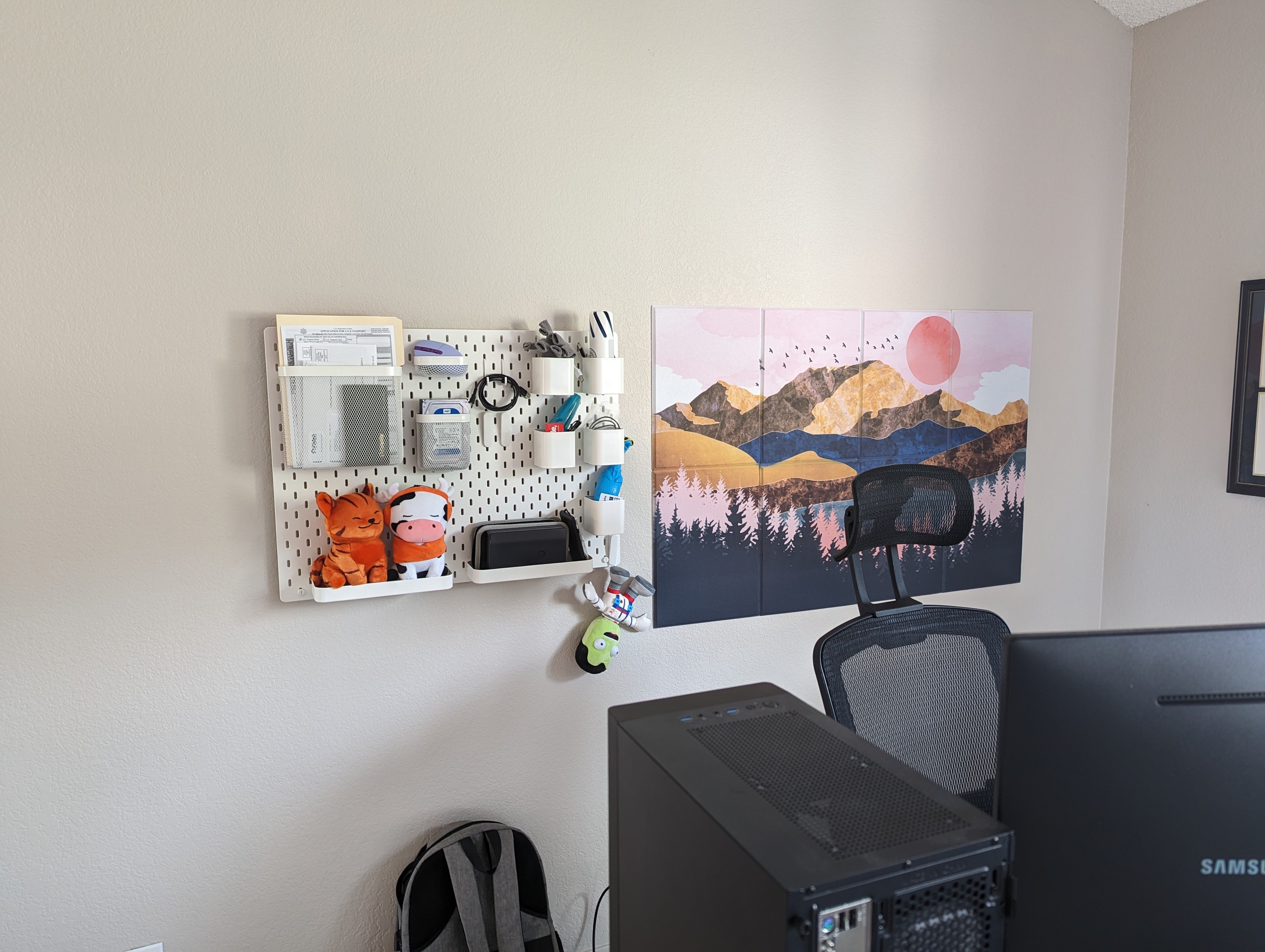
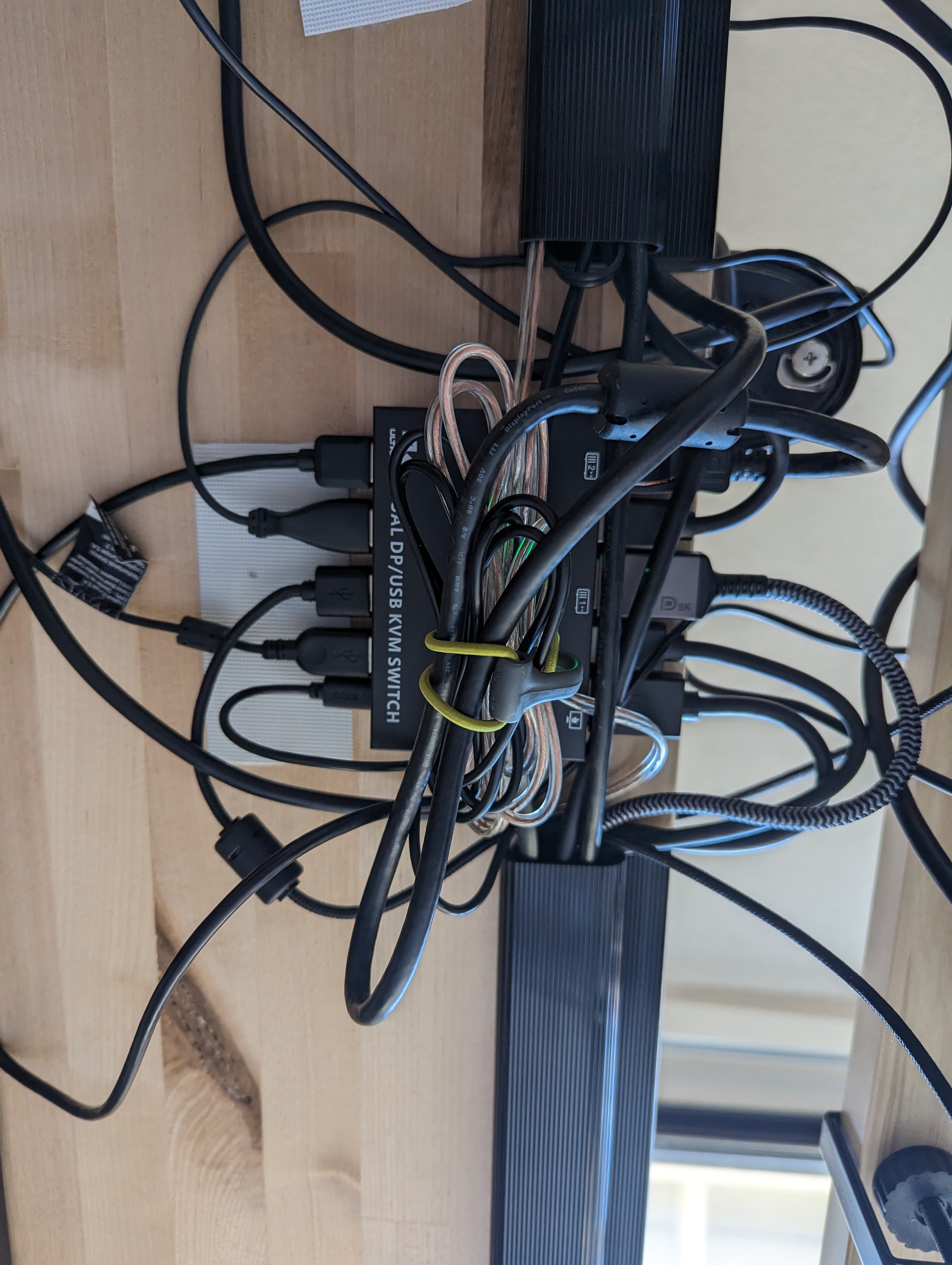
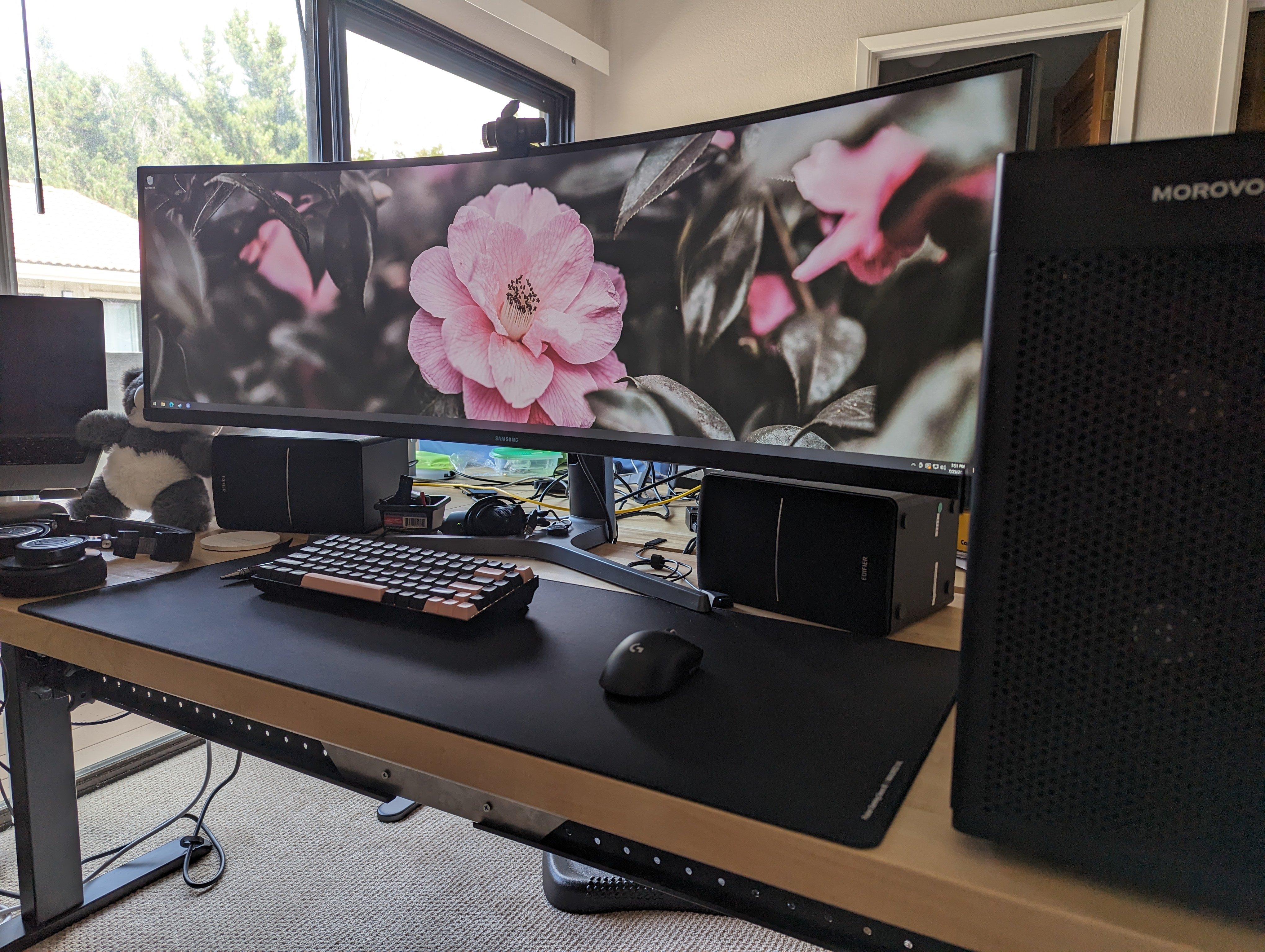
Love the idea of qBittorent on a Raspberry Pi. Any recommendations on a guide for a complete novice, or given your background did you find you didn't need one?
Setup looks brilliant.
I followed this guide from PiMyLifeUp. I'm a pretty technical person, but I've been leaning on their guides more and more because they're so damn simple, and I'm tired of feeling like I'm reading the Linux equivalent of medical journals.
One issue I ran into was the qbittorrent user that is created did not have rwx access to the directory I was downloading files to causing my torrents to stall, so be aware of that. You also need a small fan for the Pi's processor otherwise it will overheat. Other than that we just have a 2TB SSD connected over USB to the Pi 3B+ and it works great, even with 4k BluRay content.
Once you get the qBittorrent server set up, set the default download location as a library in Plex and as long as you enable autoscan torrents should automatically get ingested into Plex once they finish. The setup also makes it way easier to seed and get super high ratios if you're into that. Then you can connect to qBittorrent from anywhere on your local network and give it magnet links, or even setup ZeroTier One as a P2P VPN to allow you to connect from remote networks. Currently it is setup to tunnel all traffic through ProtonVPN running on Wireguard.